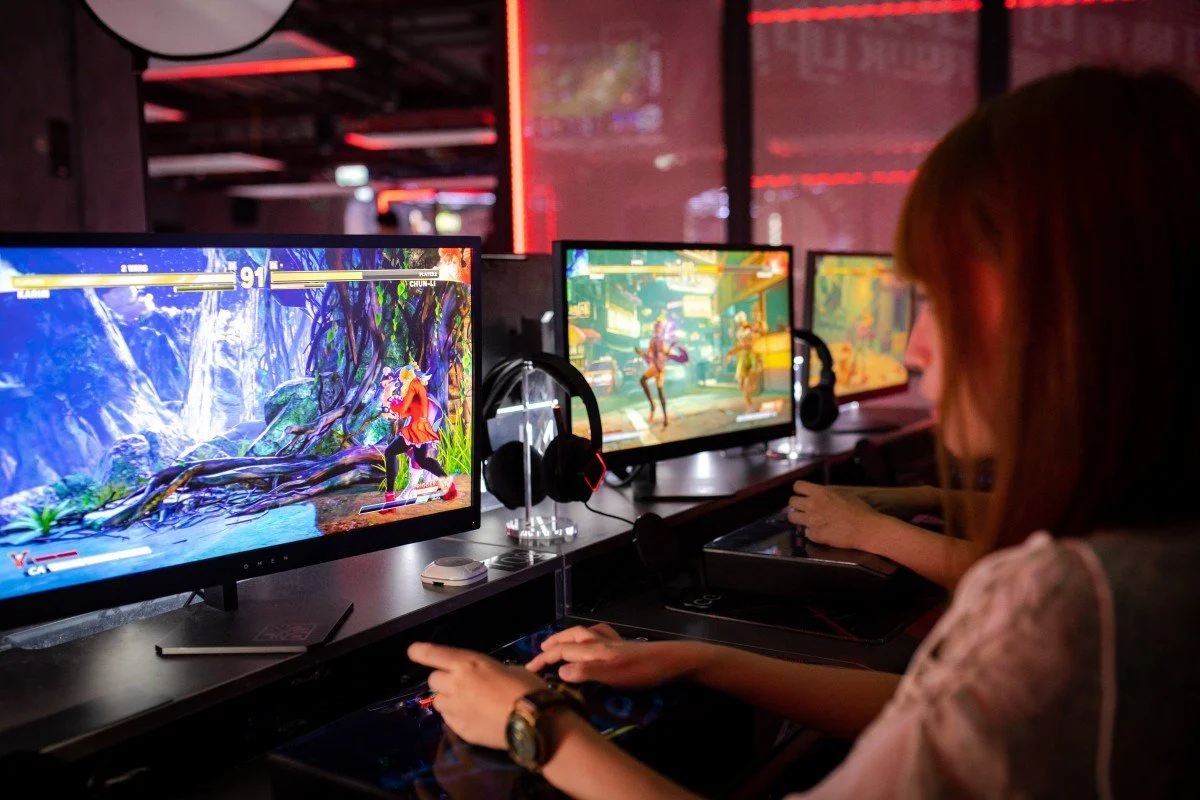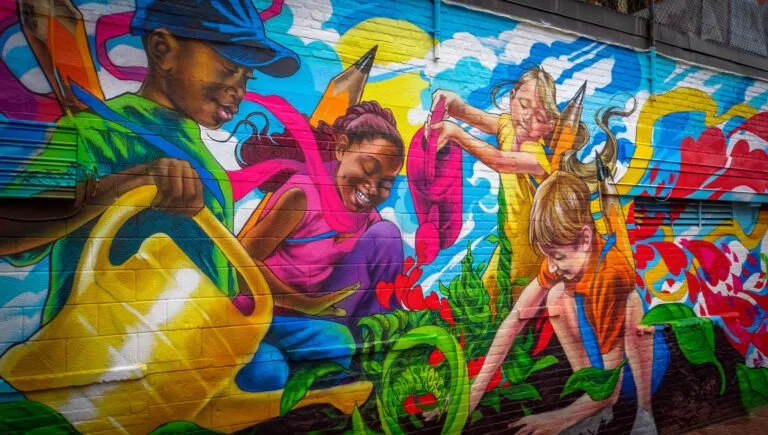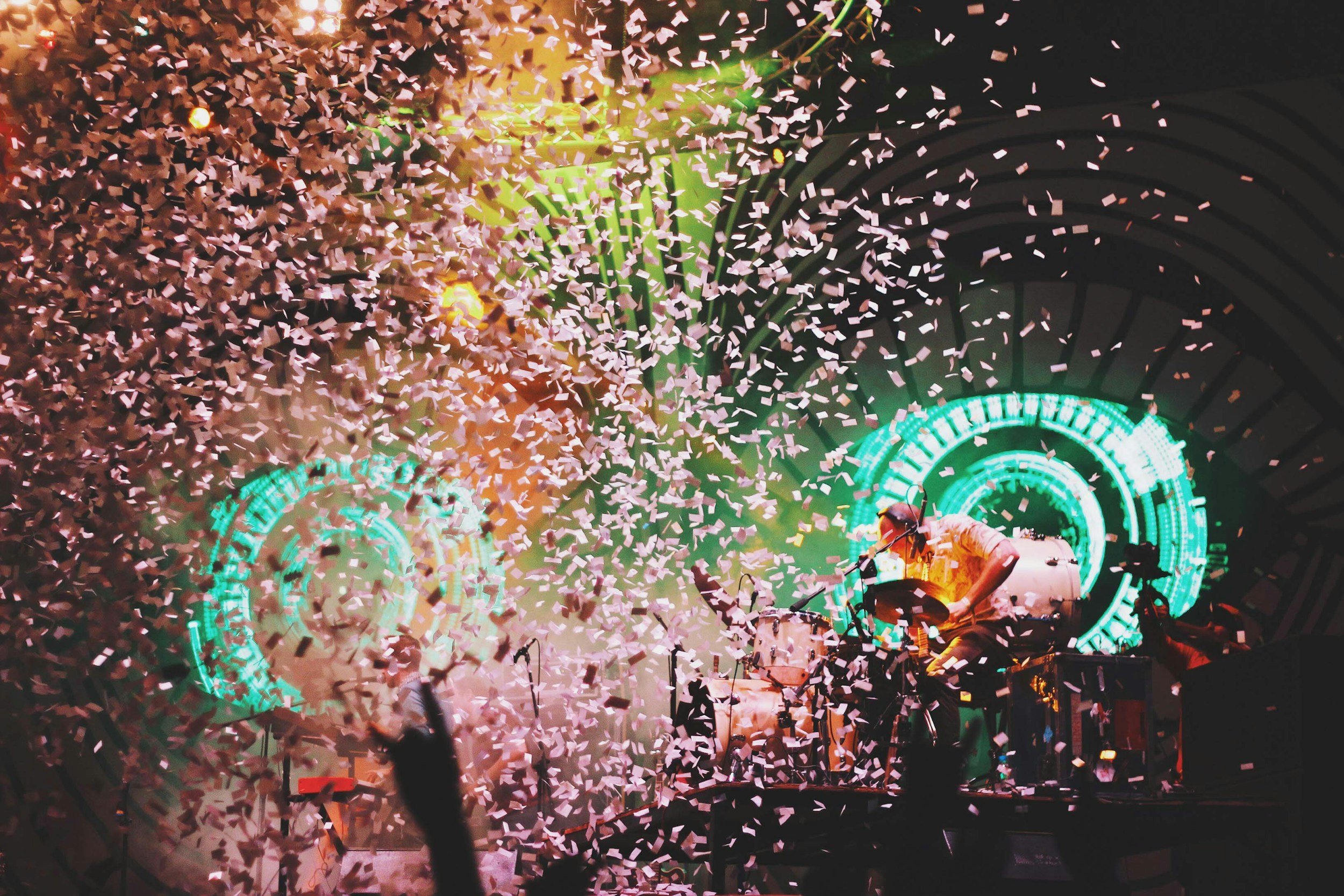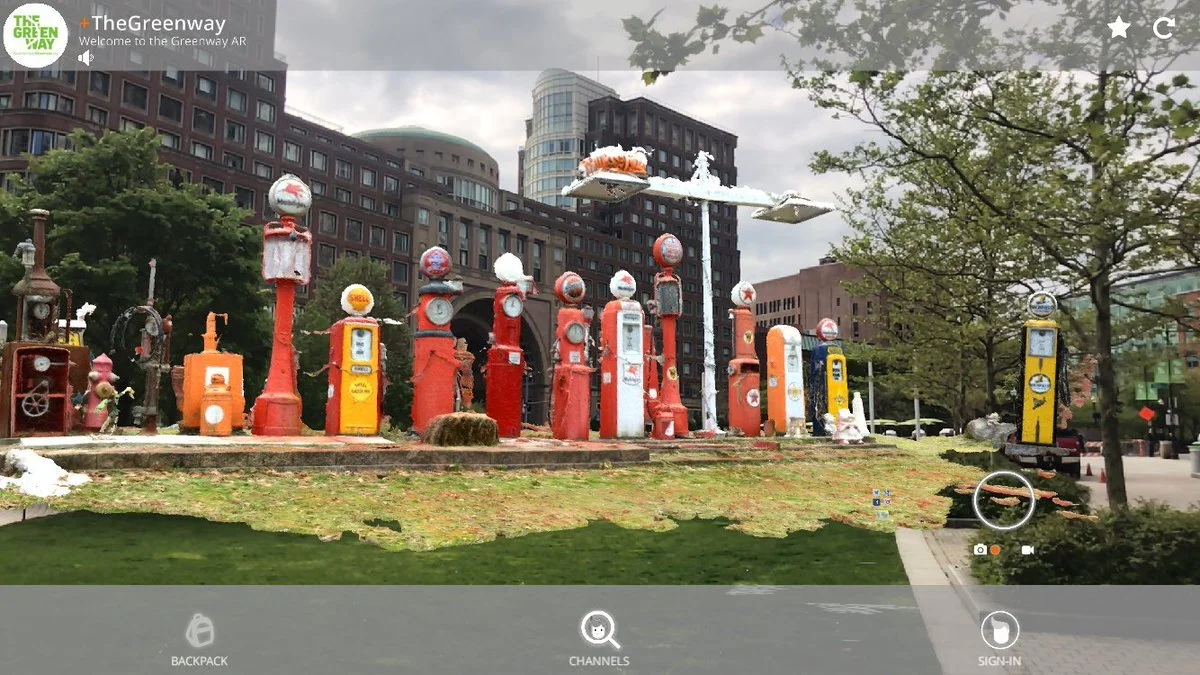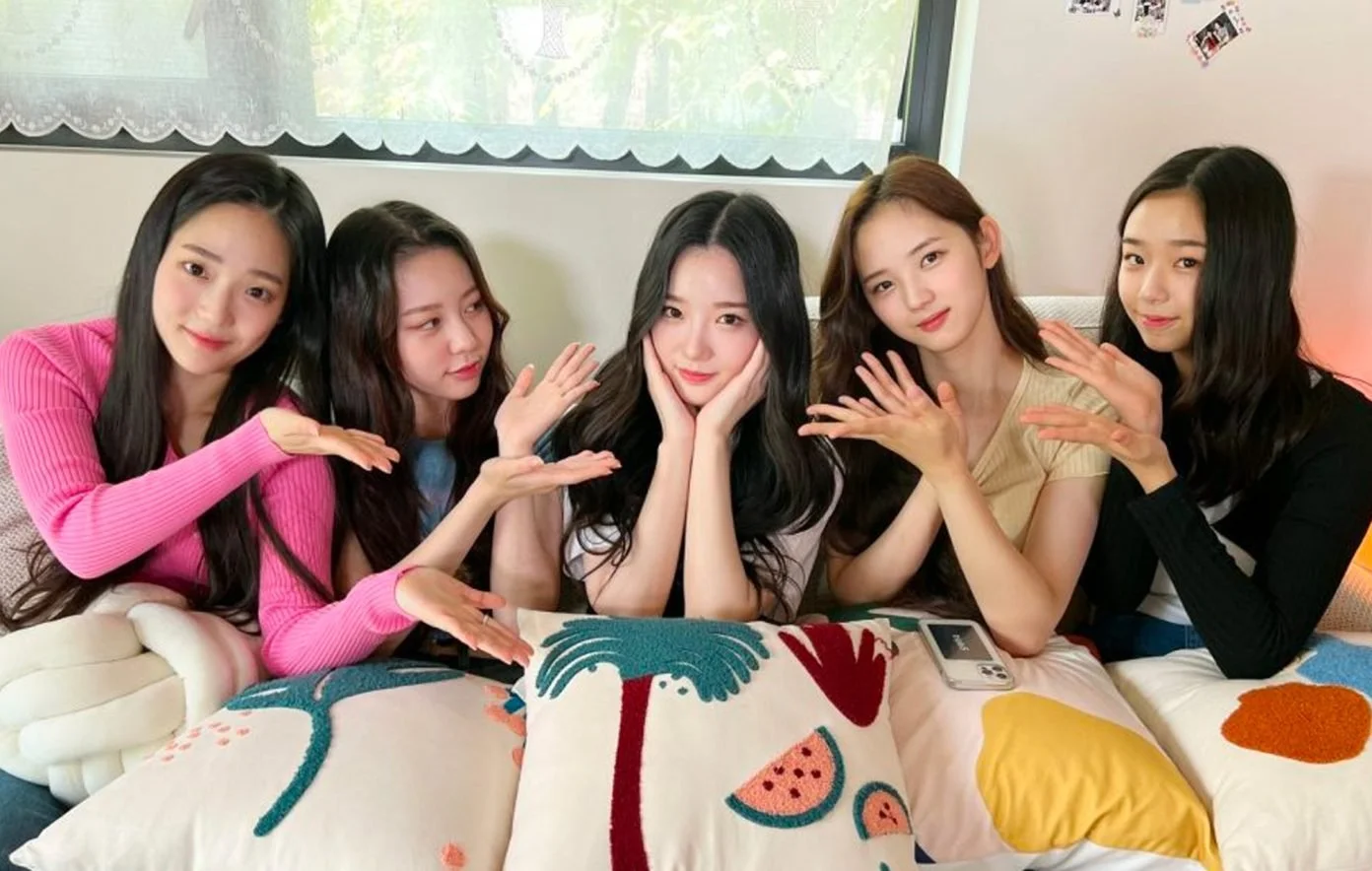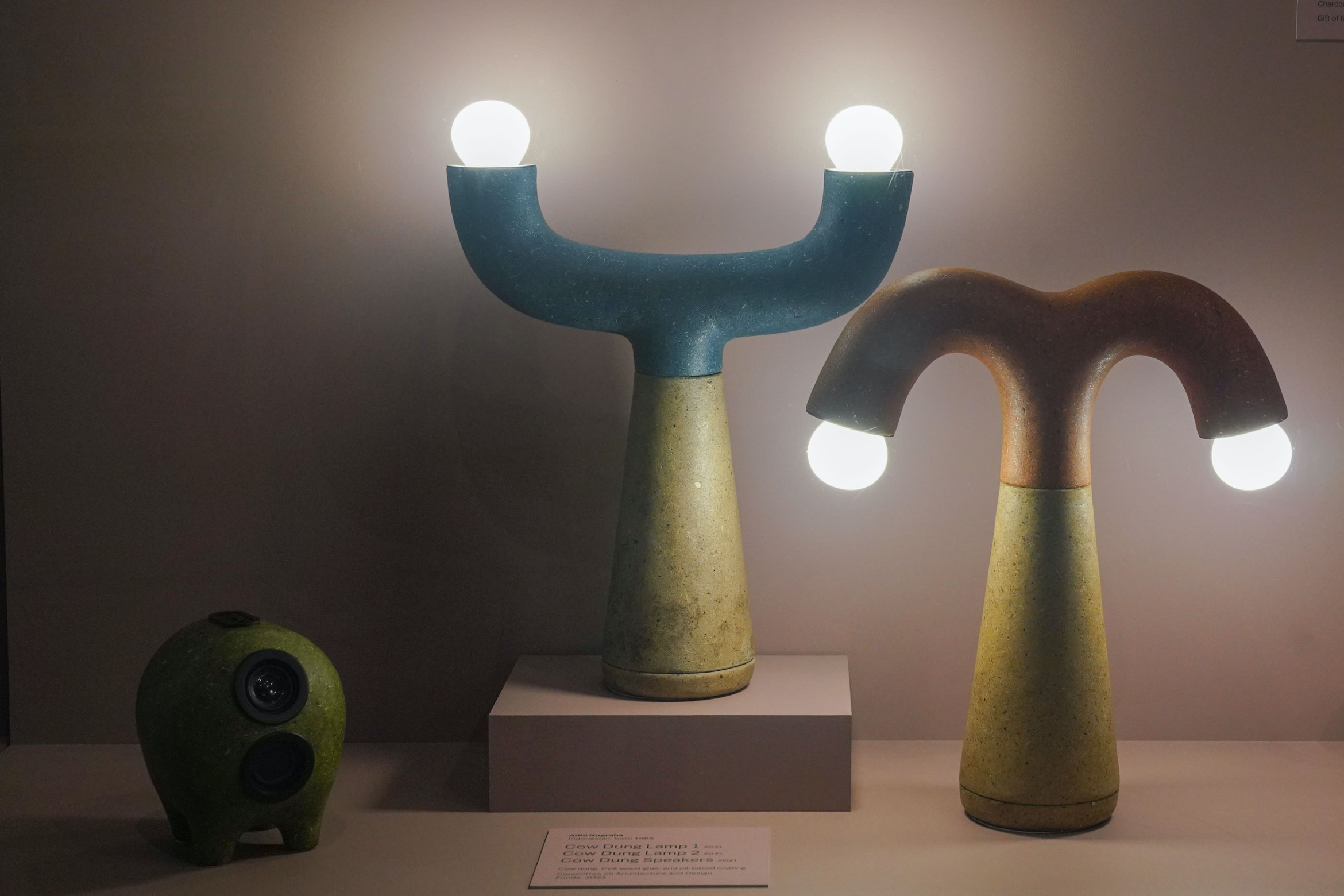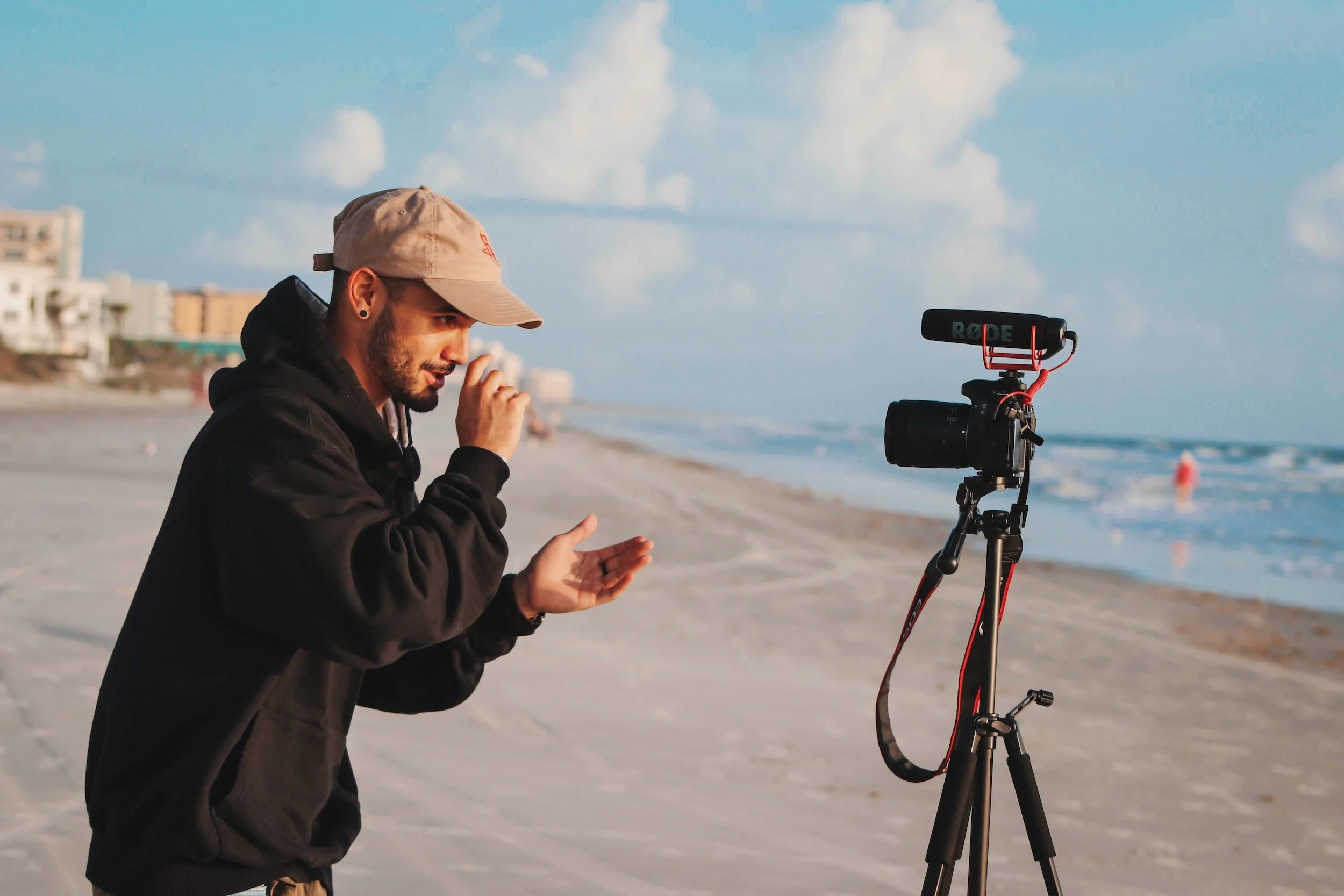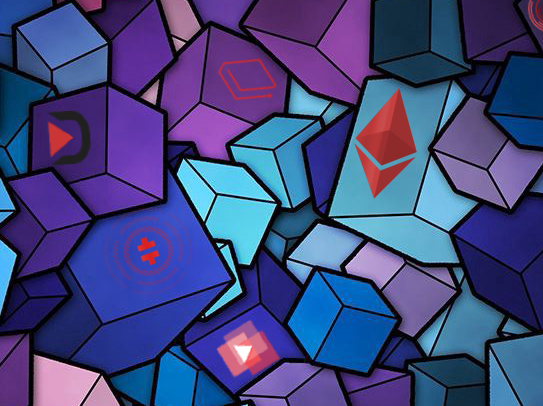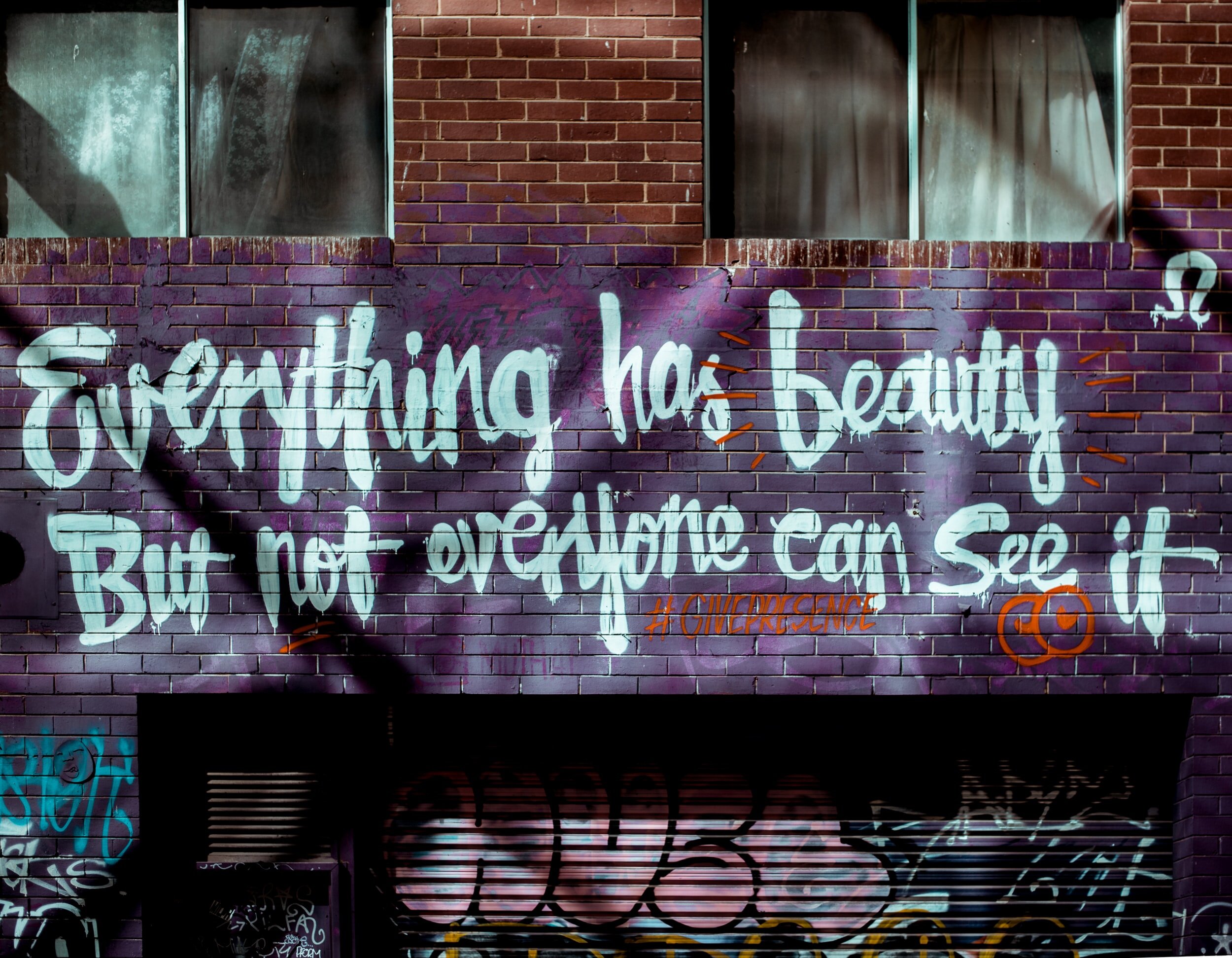This article explores the intersection of digital art, NFTs, and community governance through the lens of the furry fandom, a decentralized community of artists and enthusiasts. With the rise of NFTs, the ability to authenticate digital art and protect creators' work has become a critical concern. The study examines the resistance within the furry community to adopt NFTs, highlighting their reliance on community-based trust and governance over "trustless" blockchain systems. While some see potential in NFTs to safeguard intellectual property, many furries are skeptical, valuing social trust and ethics over commercialization. By studying the furry subculture's approach to art ownership and the challenges they face, the article poses larger questions about the future of NFTs and blockchain technology in creative spaces.
Byte-Sized Culture: The Business of Art in the Digital Age
The digital art world is long past being just a new creative medium; it has evolved into a complex economic arena. What was once a niche field is now a battleground for artists, developers, and institutions grappling with new questions of ownership, value, and creative rights. This evolving landscape is driven by emerging technologies, including AI and blockchain, which are not only reshaping how art is made but also challenging the very foundations of traditional art markets and the way artists earn a living.
From Access to Ownership: NFT-Driven Transformation of Ticketing in the Arts
Traditional ticketing systems, plagued by monopolies, scalping, and fraud, hinder audience participation in the arts. NFT ticketing may offer a solution, enhancing transparency, security, and fairness by eliminating intermediaries, preventing fraud, and enabling artists to control resale terms. Read how two companies, Yellowheart and Open Ticketing Ecosystem, have effectively started to integrate the technology into ticketing systems.
Blockchain in Museums for Art Ownership
The art world critically relies on trust and verifiable information for ownership, provenance, and authentication. Blockchain technology, with its decentralized, immutable, and transparent digital ledger system, presents a compelling solution. The technology can offer a powerful new way to ensure authenticity and track the history of artworks.
Consumer Habits and Wants in AR, VR and the Metaverse
Researchers conducted surveys and industry expert interviews to understand current and future consumer demand for AR, VR and Metaverse entertainment options. The survey indicated that consumers were most interested in using AR and VR to enhance experiences in concerts, educational content, and gaming. Respondents also indicated that they were interested in joining the metaverse to participate in social experiences and to attend live music events. The research unveiled generational differences, emerging opportunities, and trends to follow to best meet consumer demands.
The Potential Market for AR, VR and the Metaverse
Even though VR, AR, and the metaverse are already a growing part of the consumer
marketplace, it is still important to define these relatively new technologies since they are not yet
mainstream. VR technology enables users to immerse themselves in and “interact with a
computer-generated environment, a simulation of the real world or an imaginary world” (Akbari
et al, 2022). In contrast, AR technology incorporates digital elements or objects into the real-
world environment in real-time (Akbari et al, 2022). The VR market is expected to generate a
global revenue of $20.8 billion, and the AR market is projected to grow to $31.3 billion by 2027
(Statista, 2022a). The market projections indicate the potential growth and opportunities in these
immersive technologies.
Blockchain Technology for Climate Action in the Arts
Arts and cultural organizations are becoming increasingly aware of their climate impact, and many are taking action to reduce harm. Tracking, reporting, and offsetting emissions may seem like an overwhelming feat for small or mid-sized organizations, but emerging blockchain technology may help make the process more efficient and reliable.
Convergence and Innovation: Exploring How Blockchain is Shaping a New Era in the Korean K-pop Industry
Blockchain technology has began to permeate an essential aspect of South Korean culture, the K-pop business. South Korea's K-pop industry, famed for its distinct artistic expression and worldwide clout, is entering a new era of digital innovation. The K-pop industry, as represented by firms such as Modhaus, has begun to use blockchain technology, particularly non-fungible tokens (NFTs) and blockchain-based voting systems, to create new forms of engagement for fans as well as artists and music corporations.
January News: Ethics, Entertainment, & Sustainability
Emerging tech is growing in leaps and bounds in the first month of 2024, with headline advances in AI, cryptocurrency, and VR. Conversation around AI ethics continues, and young advocates take the lead in promoting a positive AI future. Meanwhile, Apple Vision Pro launches for pre-sale, partnering with entertainment leaders like Amazon Prime and Disney+ to spark demand for the product. For those interested in cryptocurrency and blockchain, the SEC approved bitcoin ETFs, and more than $4 billion was exchanged on the first day of trading. Additionally, privacy concerns push Google Chrome to phase out third-party cookies by the end of 2024, though advertisers worry about Chrome's hold on the market. And, while blockchain is known for being less-than sustainable, Artists are considering the environmental impact of their work, and exploring regenerative materials in their practice - from fine art to set design.
9 Ways Blockchain is Changing the Film Industry
Can NFTs Be Used for Social Good?
“Social-good communities” in the NFT sphere are created with the intention of creating or uplifting a pre-existing community. Where business communities may arise through the context of the particular NFT collection, social-good communities strive to support a pre-existing (often) marginalized community or global crisis. This article covers the current state of community building and barriers to access through NFT marketplaces, ultimately suggesting the relatively unknown future of the ability of marginalized communities to find space and place in this ever-evolving network.
How NFTs Have Changed the Creator Economy
Content creators have thrived on Web2 platforms such as Youtube, Instagram, and Twitter. However, with the latest addition of platforms such as Twitch and Patreon, curating content has been enhanced by enabling direct creator-to-fan content and new methods of monetization. The implementation of Web3 technologies, more specifically non-fungible tokens (NFTs) are revolutionizing the way creators distribute content, claim ownership, and monetize work.
POAPs: Audience Engagement and Memorabilia in the Web3 Era
The average theater-goer walks into a performance with their ticket stub freshly procured from the box office. An usher hands them a playbill as they find their seat. Both items are unique to the time and place of the event, and available only to those physically in attendance at the performance. These forms of memorabilia offer audiences collectible, tangible tokens to commemorate an arts experience. However, today it is common practice to take a picture of the stage from one’s seat with playbill in hand to post on social media and store in the cloud, transforming a physical token of memorabilia into a digital one.
Crypto Philanthropy: Opportunities and Considerations
Cryptocurrency has the potential to and is already beginning to disrupt philanthropy and the ways that nonprofit organizations collect donations. In previous eras, philanthropic innovation was spurred by “new sources of wealth,” as with John D. Rockefeller creating America’s first foundation or Bill and Melinda Gates translating his immense success in the tech revolution into global philanthropic influence in areas of “poverty, disease, and equity.” Similarly the emergence of a new class of “crypto-elite[s]” has the potential to disrupt traditional methods of philanthropy. Now, as blockchain technology and its myriad applications become more mainstream and our society becomes more crypto-curious, nonprofit organizations have an opportunity to adapt by incorporating cryptocurrency and its various tokens into their fundraising strategies.
Music Piracy Through NFTs: Copyright Infringement in the Age of Blockchain
NFTs, or non-fungible tokens, have gained massive popularity in recent years, touching industries from fashion to video games. NFTs occupy a unique space under copyright law, but are subject to the basic rules other art forms are. The law protecting digital assets, the Digital Millennium Copyright Act (DMCA), was passed in 1998 before NFTs were prevalent. The DMCA allows any artist to request a work be taken down if it is something they have ownership over and did not authorize its publication. This extends to artists with any ownership stake, whether they are a singer-songwriter with sole ownership over a song, or a whole team of writers and producers. While NFTs have the potential to benefit musicians, the music industry has fallen victim to the copyright issues NFTs present. Music industry professionals should understand the vulnerability of their work and consider monitoring NFT marketplaces to get ahead of being victims of copyright infringement.
Be Bold and Transform: Takeaways from the 2022 Alliance of American Museums Conference
The 2022 Alliance of American Museums’ conference in Boston offered bold and transformative ideas that all arts organizations need to understand as they re-create their operations and strategies for 2022 and beyond. Recognizing that “Normal is not the goal post” is the critical first step. A summary of highlights from my point of view might inspire you, or at least offer excellent conversation starters in your next meetings.
Cryptocurrencies in Indie Film Economics
Streaming technology in the last decade has rebuilt the structure of film revenue models. Motion pictures now earn revenue through a network of internet-based over-the-top (OTT) content distributors, reaching worldwide audiences by partnering with multiple streaming platforms. More recently, the Covid-era decline in theatrical film distribution has led to a purely OTT distribution model, and a complete reliance on internet-based revenue. In the future, advancements in blockchain technology are expected to disrupt and further redesign the film distribution waterfall. Ambitious filmmakers should have a clear understanding of how revenue distribution waterfalls work before they tackle a blockchain-based film production.
NFTs Legal Considerations and Implications
In early 2021, the $69M sale of Everydays – The First 100 days, by Beeple, sprung NFTs from a niche but growing section of the digital art world into the mainstream public consciousness. Google searches for NFTs skyrocketed. Saturday Night Live spoofed the rapid sector growth with a parody of Emenim’s “Without Me” entitled “What the Hell’s an NFT.” A 10 second clip of the sketch was subsequently turned into an NFT which sold for $365,000. As pop culture awoke to and embraced this facet of the digital art world, so too has the urgency for artists, museums, and collectors to understand the rapidly evolving legal considerations within the NFT space.
Fueling the Global Flame: A Look at the Long-Term Sustainability of NFTs
While NFTs took the arts market by storm in the beginning of 2021, with the environmental impact of blockchain technology coming to light, more artists and groups have not only been criticized but have also begun calling out the technology and not participating. Others are calling on more long-term changes, such as renewable resourcing for crypto-mining. How will NFTs fit in long-term in the art world, considering their impact on artists and the environment?
Throwback Thursday: Blockchain
As innovation using blockchain continues in 2020, we are looking back at all the research our contributors have done around blockchain and its applications in the arts sector, including fundraising, contracts, and auctions. Let AMT Lab know if there are more blockchain topics you would like to see covered or if you are using blockchain or cryptocurrency in novel ways in your organization.

